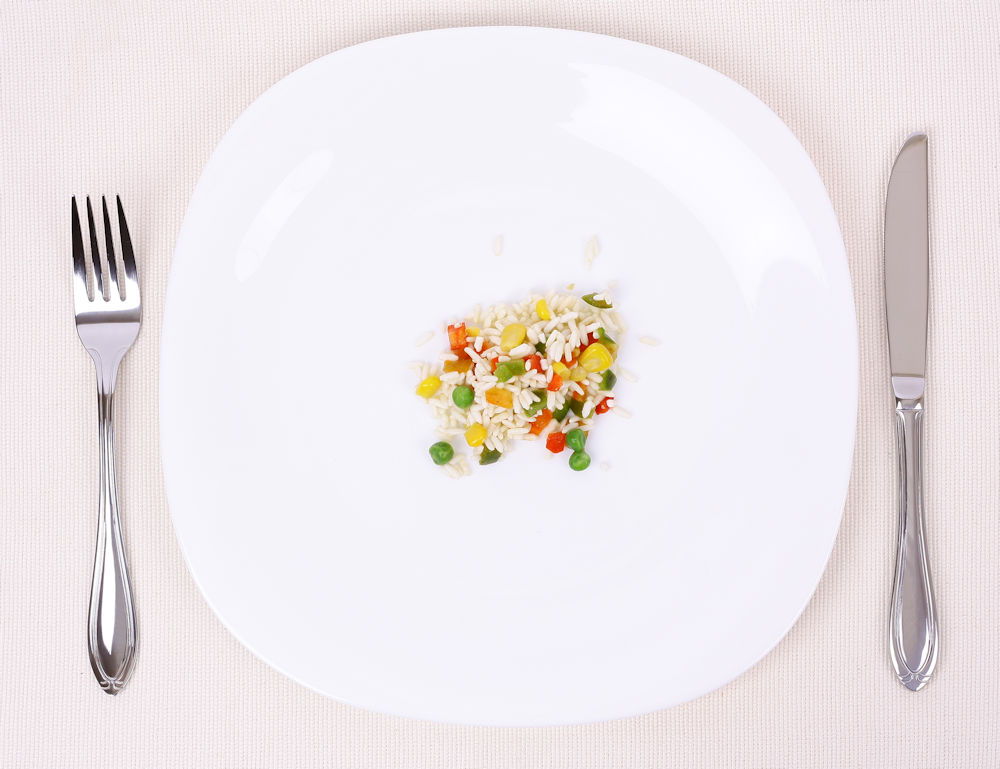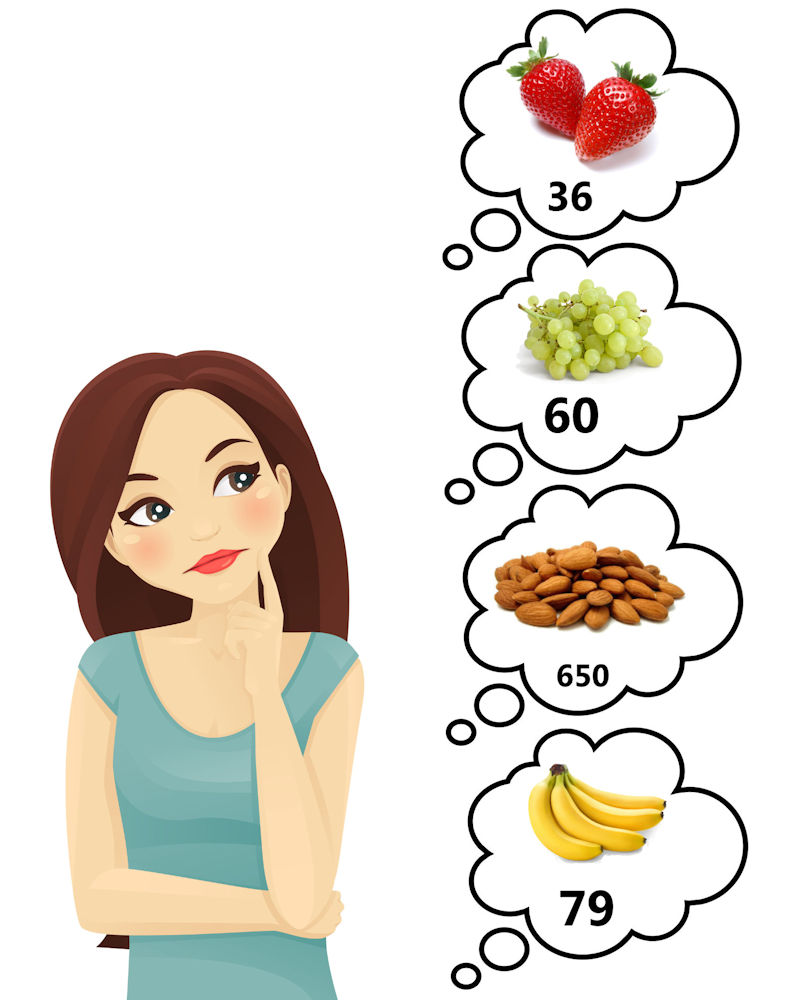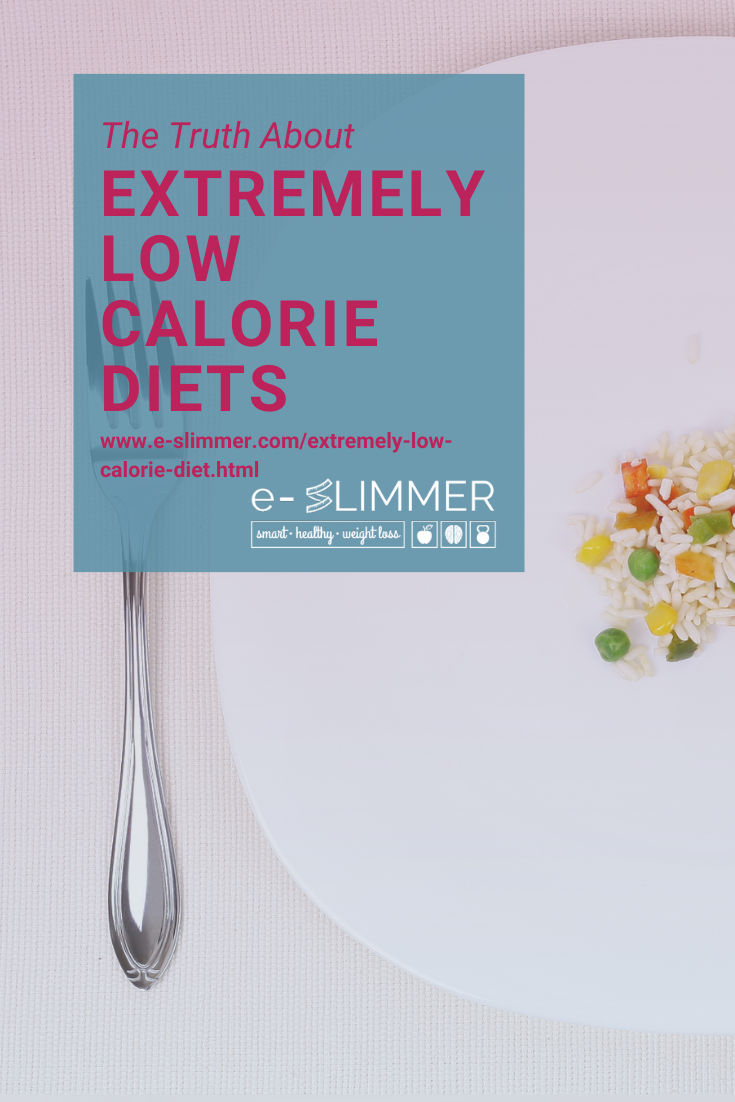Everything You Need to Know

You know I’m not a fan of anything that you can’t stick to.
It leads to a false weight loss.
Yes, you may lose weight initially, and you might lose a lot of weight. But if you can’t stick to what you’ve been doing to lose the weight, then you’re not likely to be able to keep it off.
Extremely low calorie diets, or ELCD’s as they are sometimes referred, are no different in that respect. But they could also be quite dangerous.
There is a bit of a caveat with this one, though.
In some circumstances doctors will advise morbidly obese patients to undertake an extremely low-calorie diet in order to get weight off quite quickly.
They will usually resort to this when their patient’s health is at stake, nothing else has worked, or a medical procedure needs to be done but would be too dangerous at their current weight.
When a doctor advises an extremely low-calorie diet you will be supported by medically trained staff and you won’t be on it for long.
Any advice given by a doctor ALWAYS trumps mine. So, if that’s what you’re advised to do, then that’s what you need to do.
However, if you’re just hoping to lose weight quickly, and there are no medical reasons for you to adopt such drastic measures, you really should think again.
Extremely Low Calorie Diet: What are They?
An extremely low calorie diet isn’t simply where you reduce your calorie intake to encourage your body to turn to its fat reserves for the energy deficit. It is where you are on, as the name suggests, very low calories every day.
Typically to be classed as an extremely low calorie diet you need to be eating less than 800 calories a day.
That is low.
When you think the average women should be eating around 2000 calories a day, and the average man 3000, more if you are exercising. An extremely low-calorie diet is less than half.
Extremely Low Calorie Diet: What Does 800 Calories a Day Look Like?
If you were on an extremely low calorie diet, this is what a day’s meals would look like:
Breakfast
Two cups of almond milk (80 calories)
200g oatmeal made with water (140 calories)
Lunch
100g beef (265 calories)
A large plate of fresh veggies (90 calories)
Dinner
50 g chicken (120 calories)
Small plate of veggie salad (50 calories)
Snack
50g cottage cheese (45 calories)
100g cucumbers (10 calories)
Extremely Low Calorie Diet: What’s the Problem?
Hopefully from the above you’re getting the sense that you’re going to be hungry, quite a lot. But eating so little has more implications that just making you hungry.
The World Health Organisation defines starvation as eating less than 1200 calories a day. And nothing good can come from starvation.
Nutrient deficiency, feeling sick and tired, gallstones, irregular menstrual cycle, muscle loss, constipation, hair loss are just a few of the health implications of eating too little for an extended amount of time.
But they are not the only things you should be concerned about.
Metabolism changes
Let’s start with your metabolism.
When you cut calories, your body turns to its fat reserves for the energy deficit. But, your body also starts to think that food is in short supply. So, along with burning your fat, your body also starts to down regulate some of your non-essential systems, which means you’ll need less calories to keep your body going.
By non-essential systems I mean the things that you don’t need to stay alive, your reproductive system is a classic example. Which is why your periods may become irregular, and you may just not feel as up for sex as you normally do.
As your metabolism keeps dropping you will need less calories to keep your body going, and you’ll need less calories to lose weight.
Which is why you have plateaus, by the way.
This is fine if you have scope to keep dropping calories, but on 800 calories you really can’t you’re your calories any further.
And if you were to have a binge, or stop dieting altogether, with a slower metabolism you’ll be eating quite a few additional calories, and we all know what happens with additional calories. They get stored as fat.
Unhealthy relationship with food
This type of dieting also puts a lot of focus on the calorie count of foods, which would make sense as you have to make sure you don’t go over your calorie allowance.
But the thing is, that creates a very poor relationship with food.
Not all high calorie foods are bad for you. And not all low calorie foods are good for you. As this type of dieting will teach you.
It can also lead to you constantly calorie counting even after you’ve finished the diet.
Now, as a general rule, you do need to keep an eye on how much you are eating, but keeping such a tight control that would lead you to constantly monitoring every morsel you eat, is really not healthy.
That’s the kind of thing that can lead to eating disorders.
General Problems
On top of all of these problems, there are my general, usual concerns over a diet like this.
It doesn’t allow for what you might thrive on, what you might feel like crap on, what you like, what you can’t stand and the most important thing, having a treat every now and then.
The food you’re allowed to eat may make you feel like crap. The make-up of your meals may make you tired, lethargic, not performing very well, or even ravenous, not able to take your mind off food.
What you eat and the quality of the ingredients can have a profound effect over how you feel, and if you don’t eat the right things for you, that might not be in a good way.
Extremely Low Calorie Diets: I Wouldn’t Recommend Them
If you are morbidly obese and you have numerous health complaints because of your weight, then getting that weight off quickly will benefit you in the long run.
But, if you are considering undertaking a diet like this, please do consult your doctor beforehand. They may be able to offer you support and guidance.
If you are not struggling with your health because of your weight, I would strongly advise not to undertake a very low calorie diet. You might be doing more harm than good in the long run.
Quick weight loss is never usually weight loss you can sustain, so take the time to find what works for you; food, exercise, amount of food and habit changes.
That is the healthy way to weight loss.
And let’s face it healthy is the best way.
Important Info
© e-Slimmer 2021



New! Comments
Have your say about what you just read! Leave me a comment in the box below.